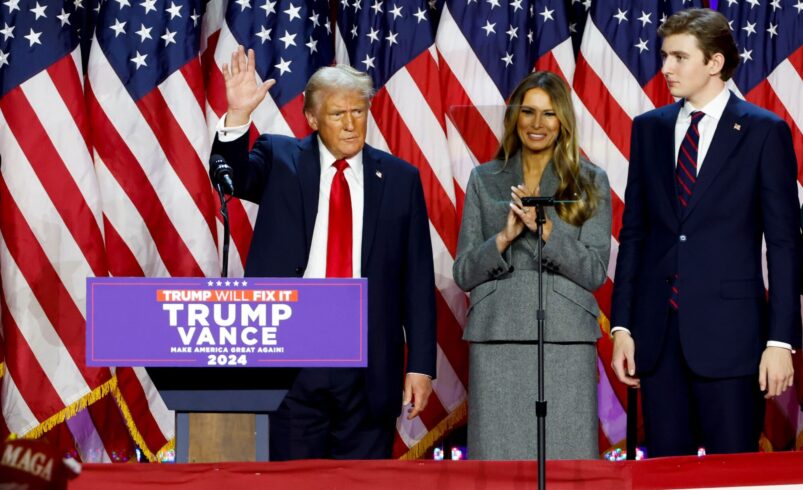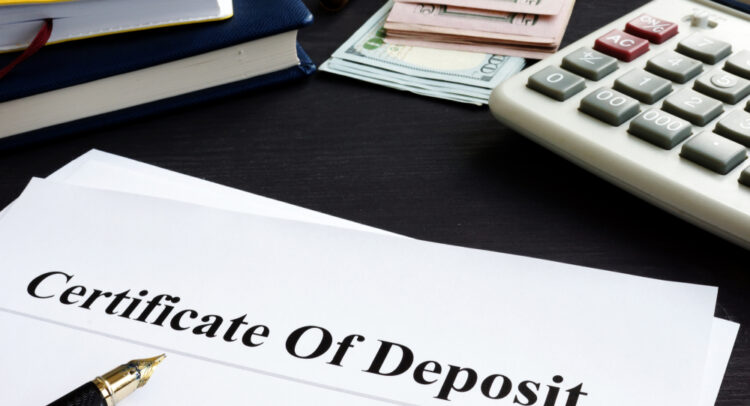
Trump Presidency Impact on Japan 2024: Political, Economic, and Investment Implications
With the potential return of Donald Trump to the U.S. presidency, countries worldwide, including Japan, are closely analyzing how this shift could affect political dynamics, economic ties, and financial markets. Given Japan’s reliance on its strategic alliance with the United States, a change in U.S. leadership brings questions about how future diplomatic relations, trade, investments, and even Japan’s currency, the yen, and interest rates might be impacted. In this article, we’ll delve into the major areas in which a Trump presidency might influence Japan, from political alliances to market stability.
1. Introduction
The possibility of Donald Trump winning a second term as president of the United States raises numerous questions about how his policies might influence key U.S. allies. For Japan, which holds a vital geopolitical position in East Asia, any shifts in U.S. foreign policy will have immediate and far-reaching impacts. Trump’s “America First” policy, marked by transactional diplomacy, trade renegotiations, and a re-evaluation of defense alliances, offers clues to the potential changes Japan might face.
2. Historical Context: Trump’s First Term and Japan’s Response
During his first term, Trump’s policies focused heavily on reshaping global alliances to prioritize American interests. The U.S.-Japan relationship, while historically strong, encountered tension over issues like trade imbalances and defense spending. Japan, under Prime Minister Shinzo Abe, managed to foster a working relationship with Trump, characterized by high-profile meetings and strategic rapport. However, with a new Japanese administration, the future of this alliance under a second Trump term remains uncertain.
3. Key Areas of Impact
Trump’s return could influence Japan’s political and economic landscape in several key areas:
- Political Relations and Alliances
- Trade and Economic Policies
- Currency Value and Interest Rates
- Japanese Investments in the U.S.
4. Political Relations Under a Trump Presidency
Trump’s approach to foreign policy emphasizes reciprocity in defense alliances. This transactional view raises questions about the U.S.-Japan Security Treaty, which guarantees Japan’s protection under U.S. military power. While Japan’s geographical proximity to North Korea and China makes U.S. support essential, Trump’s potential re-election could lead to renewed calls for Japan to increase its financial contributions for American military support.
5. Security Concerns for Japan
Japan’s security is deeply intertwined with U.S. strategic interests in Asia. North Korea’s nuclear activities and China’s growing influence in the region put Japan in a precarious position. Under Trump’s leadership, Japan could face pressure to assume a more active defense role, possibly leading to a revision of Japan’s post-World War II pacifist constitution. A Trump-led U.S. administration may also push Japan to increase its defense spending, as Trump has previously stated a desire for allies to shoulder more of their defense costs.
6. Japan’s Potential Response to U.S. Alliance Uncertainty
In response to uncertainties in U.S. commitment, Japan may consider strengthening its own military capabilities or even pursuing alternative alliances within Asia. Countries like South Korea and Australia could become key partners in a more autonomous Japanese defense strategy.
7. Economic Policy and Trade Relations
Economically, Trump’s policies are likely to reflect his protectionist stance. During his first term, Trump pressured Japan to reduce trade deficits, particularly in the automotive sector. If Trump pushes for similar concessions, Japan’s automotive and technology industries could be affected, leading to renegotiations on tariffs and market access.
8. Japanese Yen and Currency Volatility
A second Trump term could impact the Japanese yen through U.S. fiscal policies that affect the dollar-yen exchange rate. Trump’s focus on tax cuts and increased spending could stimulate U.S. inflation, prompting the Federal Reserve to raise interest rates. Higher U.S. interest rates generally strengthen the dollar, leading to a weaker yen.
9. Factors Affecting the Japanese Yen’s Value
Several factors could weaken the yen under a Trump presidency:
- Rising U.S. Interest Rates: Higher U.S. rates make dollar-denominated assets more attractive, strengthening the dollar relative to the yen.
- Increased U.S. Debt: Fiscal expansion in the U.S. could drive up Treasury yields, further pressuring the yen.
- Global Economic Uncertainty: Investors may shift to the U.S. dollar as a safe-haven currency, devaluing the yen.
10. Potential BOJ Responses to a Weaker Yen
If the yen depreciates significantly, the Bank of Japan (BOJ) may intervene to stabilize it. Such interventions could include raising Japanese interest rates, a move that the BOJ has been hesitant to make due to Japan’s long-standing deflationary challenges. However, rising import prices, driven by a weaker yen, could force the BOJ’s hand to mitigate inflationary pressures.
11. Interest Rate Implications in Japan
A weaker yen, leading to higher import costs and inflation, might prompt the BOJ to reconsider its low-interest-rate stance. Japan’s historically low rates support its economic stability, but the BOJ could adopt a more hawkish approach to curb inflation if necessary.
12. Japanese Investment in the U.S. Market
Japanese corporations hold substantial investments in the U.S., particularly in manufacturing, technology, and automotive sectors. Under Trump’s leadership, heightened scrutiny over foreign investments in key industries may deter Japanese companies from expanding operations in the U.S. Further, if Trump reimposes tariffs on Japanese exports, Japan’s manufacturing sector could see reduced profitability.
13. Impact on Japan’s Automotive and Technology Sectors
Japan’s automotive industry, a primary driver of its exports to the U.S., may face challenges if Trump insists on renegotiating trade agreements to favor American-made vehicles. The technology sector, another significant Japanese export to the U.S., could also see stricter regulations, particularly concerning security concerns over foreign technology in critical sectors.
14. Geopolitical Implications of a Weakened Yen
A weaker yen would have broad implications beyond trade and inflation. In Asia, a declining yen could influence Japan’s ability to finance regional projects and bolster its position against an increasingly assertive China. Japan’s role in initiatives like the Quad Alliance (with the U.S., India, and Australia) would be crucial in offsetting China’s regional influence, especially as the yen’s purchasing power wanes.
15. Conclusion
A potential second term for Donald Trump could bring substantial changes to Japan’s political, economic, and financial landscape. Japan’s yen and interest rates, highly sensitive to global fiscal policies, could experience volatility due to anticipated U.S. dollar strength and Japan’s need to stabilize its economy. For Japan, navigating these changes will require a balanced approach, maintaining its U.S. alliance while building a more resilient, self-sustaining economic and security framework.













